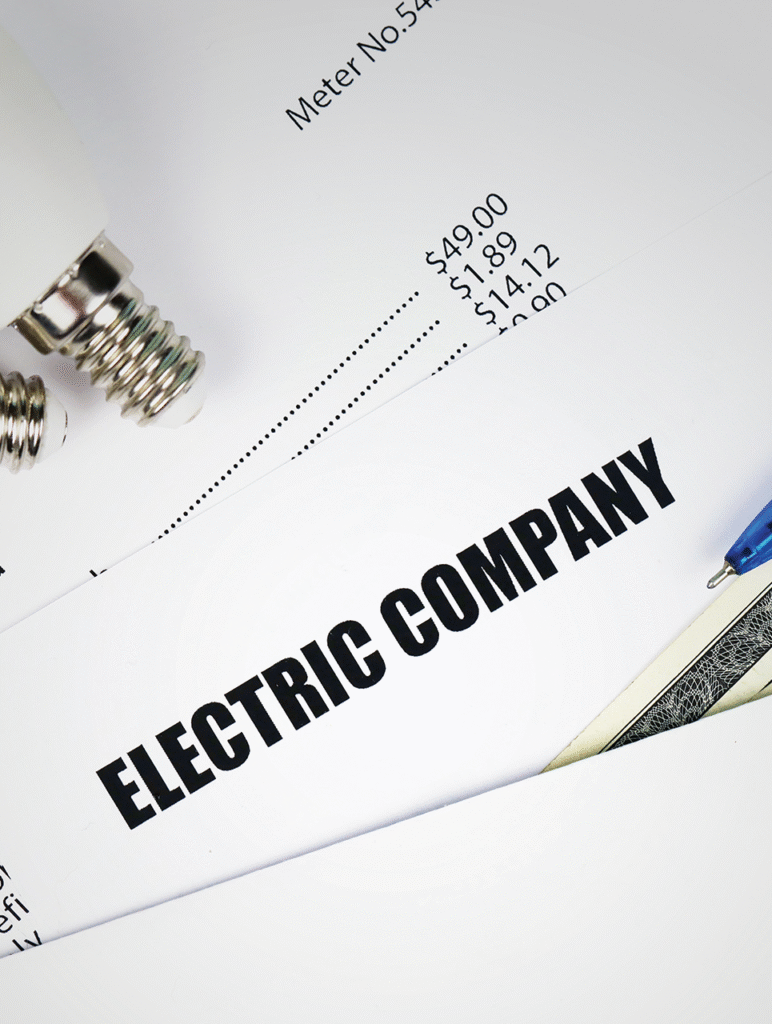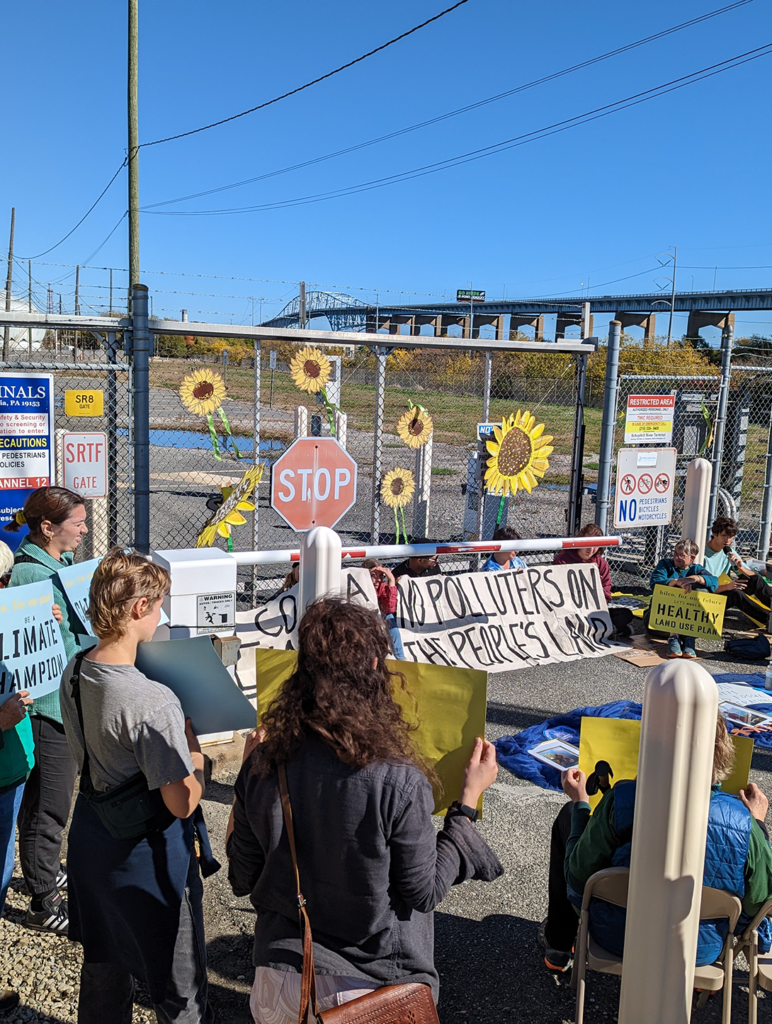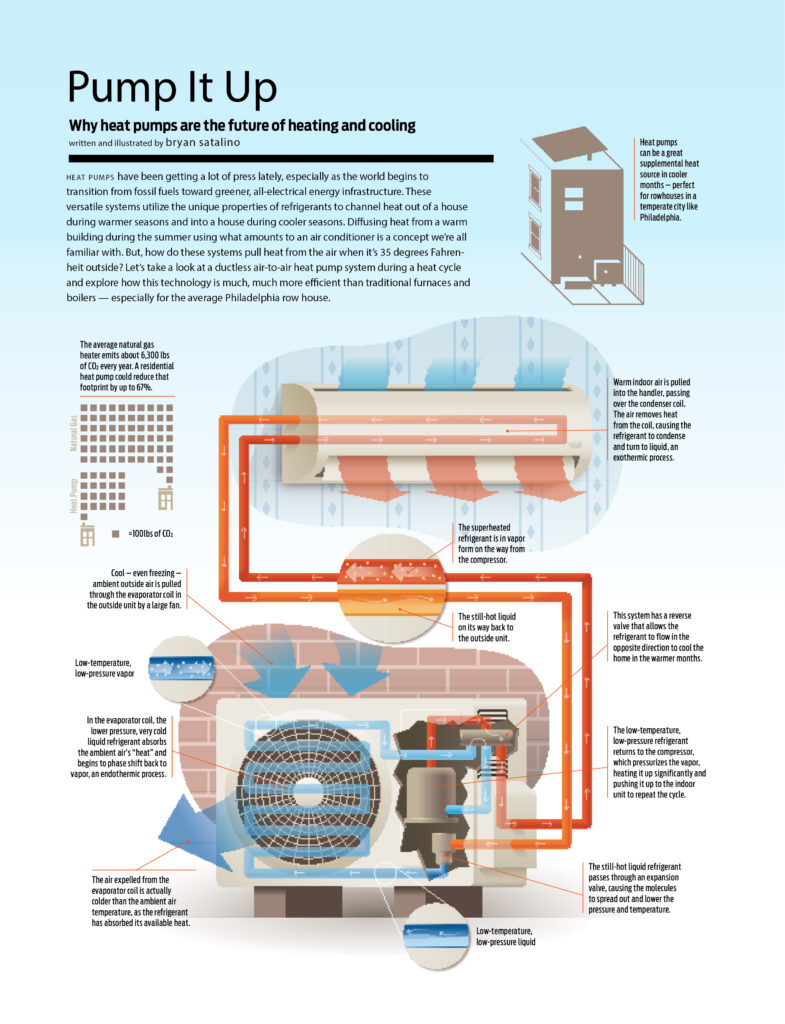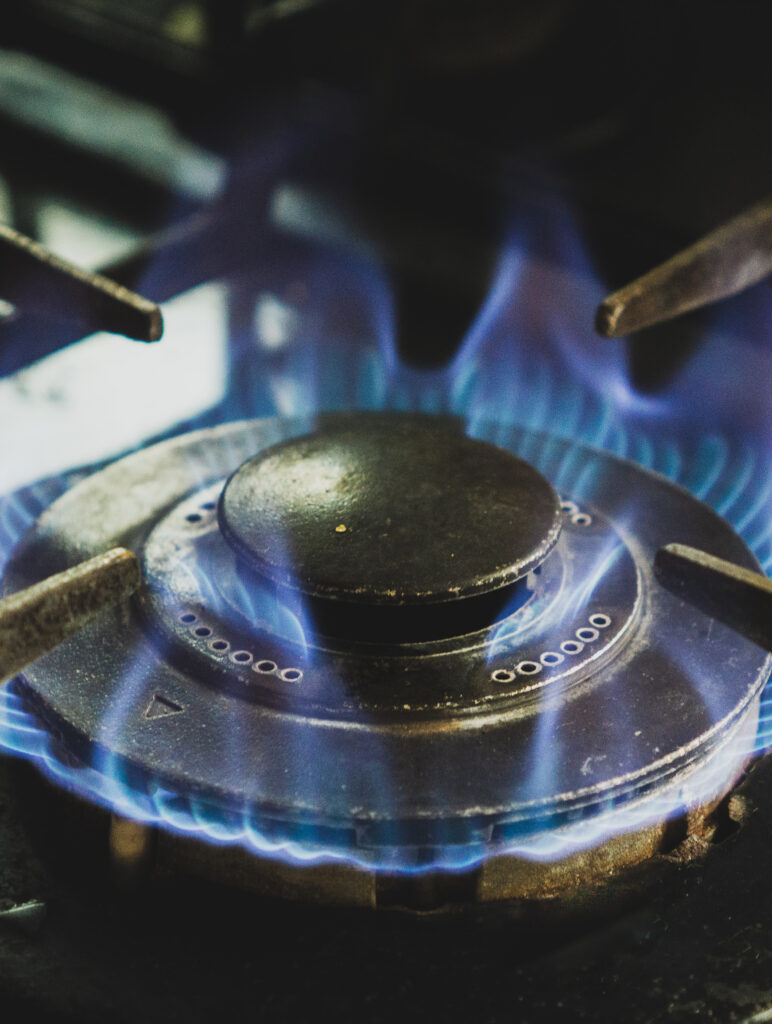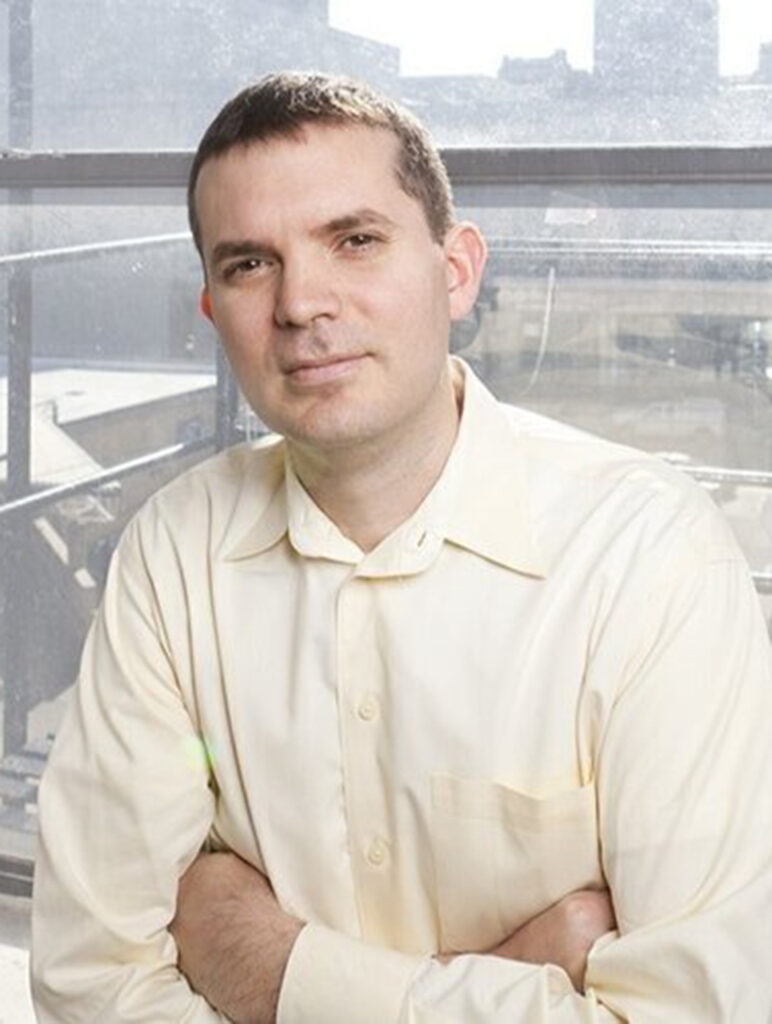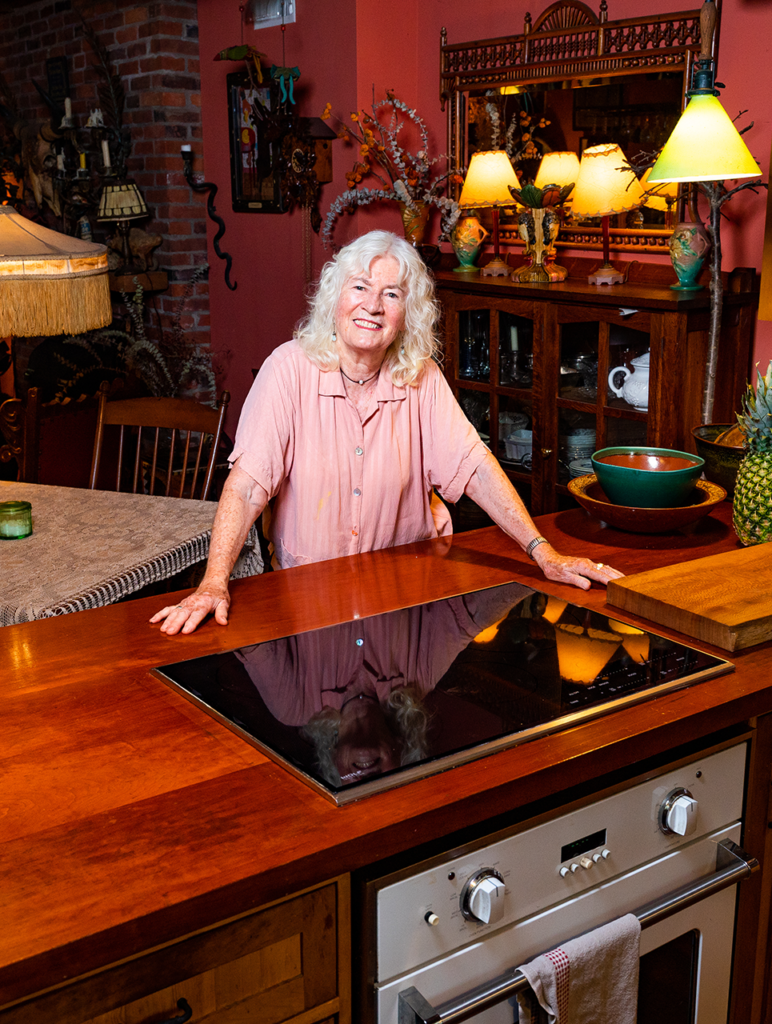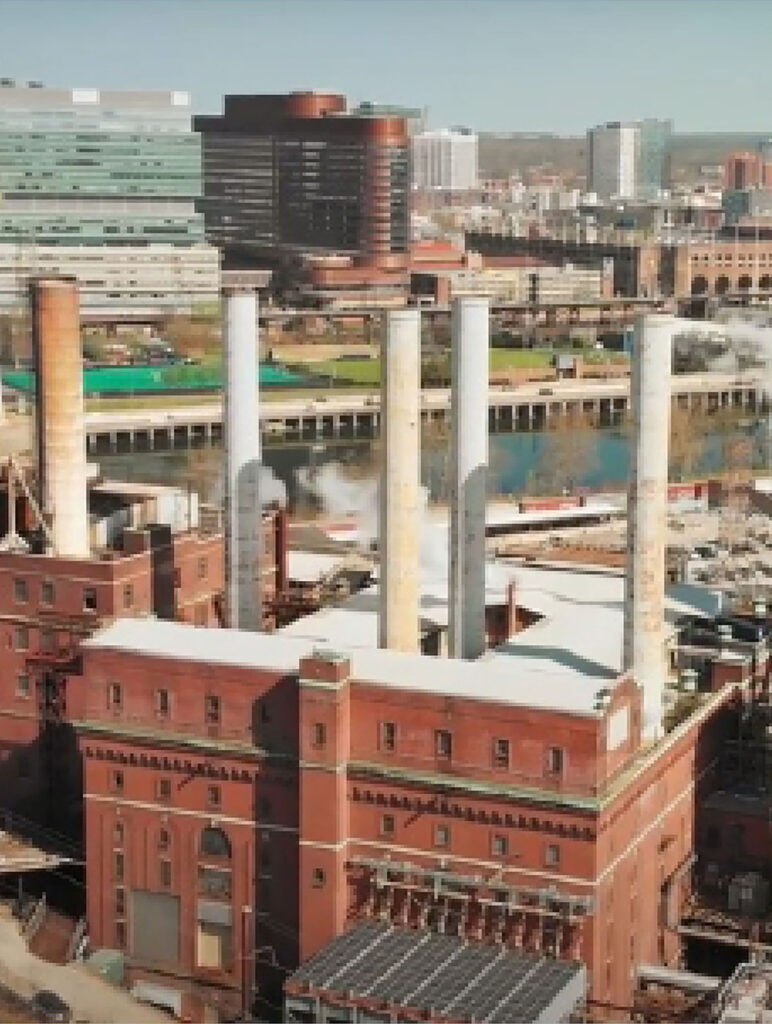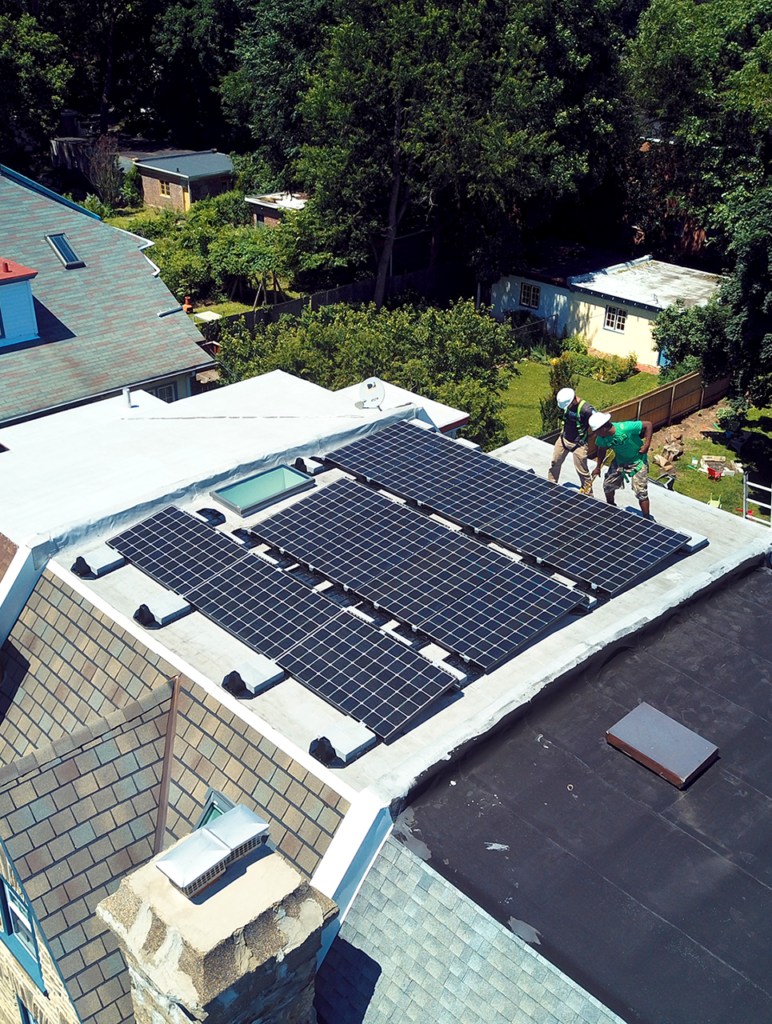Philadelphia’s weather is downright tropical in the summer, but that can be hard to remember in January as residents crank up the heat and dread the monthly heating bills. PECO’s residential heating rate takes out some of the sting for households that heat with electric power. PECO’s “RH” rate, as they label it, “is designed
MoreThe table was set, powerful people already gathered round and talking about the future, when Carol Kazeem walked in about 15 minutes late and popped the balloon. Kazeem, a first-term Pennsylvania state representative from Chester’s 159th district, has had a whirlwind of a year. When the former trauma outreach specialist and 31-year-old mother of three
MorePhiladelphia Gas Works (PGW) is slated to spend $6 to $8 billion by 2058 to replace leak-prone gas mains, all while expanding its service network and dragging its feet on a transition to renewable energy sources, according to a report released by HEET (Home Energy Efficiency Team), which describes itself on its website as “a
MoreAs the former Philadelphia Energy Solutions refinery transforms into a 1,300-acre warehousing and life sciences hub termed the Bellwether District, South Philadelphia residents are pushing the developer to create a legal agreement to address their needs. The past two years have seen little direct dialogue beyond virtual community meetings, but Hilco Redevelopment Partners announced on
MoreIf you’re looking for another reason to electrify your house and quit PGW, fresh research describes how scientists with PSE Healthy Energy examining samples of fossil gas from homes across the state of California found volatile organic compounds, including the carcinogen benzene. A study from this summer found similar mixes of pollutants in gas provided
MoreYes, this is our food and farming issue, but it’s so much more. When we launched the 2030 Series in April, our goal was to focus each month on a single topic through the lens of sustainability. The themed issue is a tried and true convention for editorial, but when it comes to sustainability, the
MoreAs the inhabitants of Philadelphia roast under the unrelenting sun of July and August, it is easy to dream of shading the entire city with solar panels in an effort to do something useful with the radiation that otherwise renders the daylight hours insufferable. Philadelphia Solar Week, August 15–19 is a start, with Solarize Philly,
MoreI realized also that besides protesting I had to clean up my own act. If I was buying natural gas, I was complicit.” — Judy Wicks, climate activist and former owner of the White Dog Cafe When Judy Wicks, the former owner of the White Dog Cafe, got back from the Standing Rock Indian Reservation
MoreAs we feel the effects of extreme heat and extreme weather, we can no longer delay action. But Philadelphians may not realize that major emissions reductions are happening below our feet everyday. For over 100 years, an innovative and sustainable district energy system has operated throughout much of Center City and parts of University City
MoreAquick glance at today’s headlines reveals many issues that stress or divide us: inflation, gas prices, gun violence, climate change, the pandemic and reproductive rights, to name a few. But before you give in to despair, here’s something positive we can rally around: solar power. A recent statewide poll shows that 81% of Pennsylvanians indicated
More

